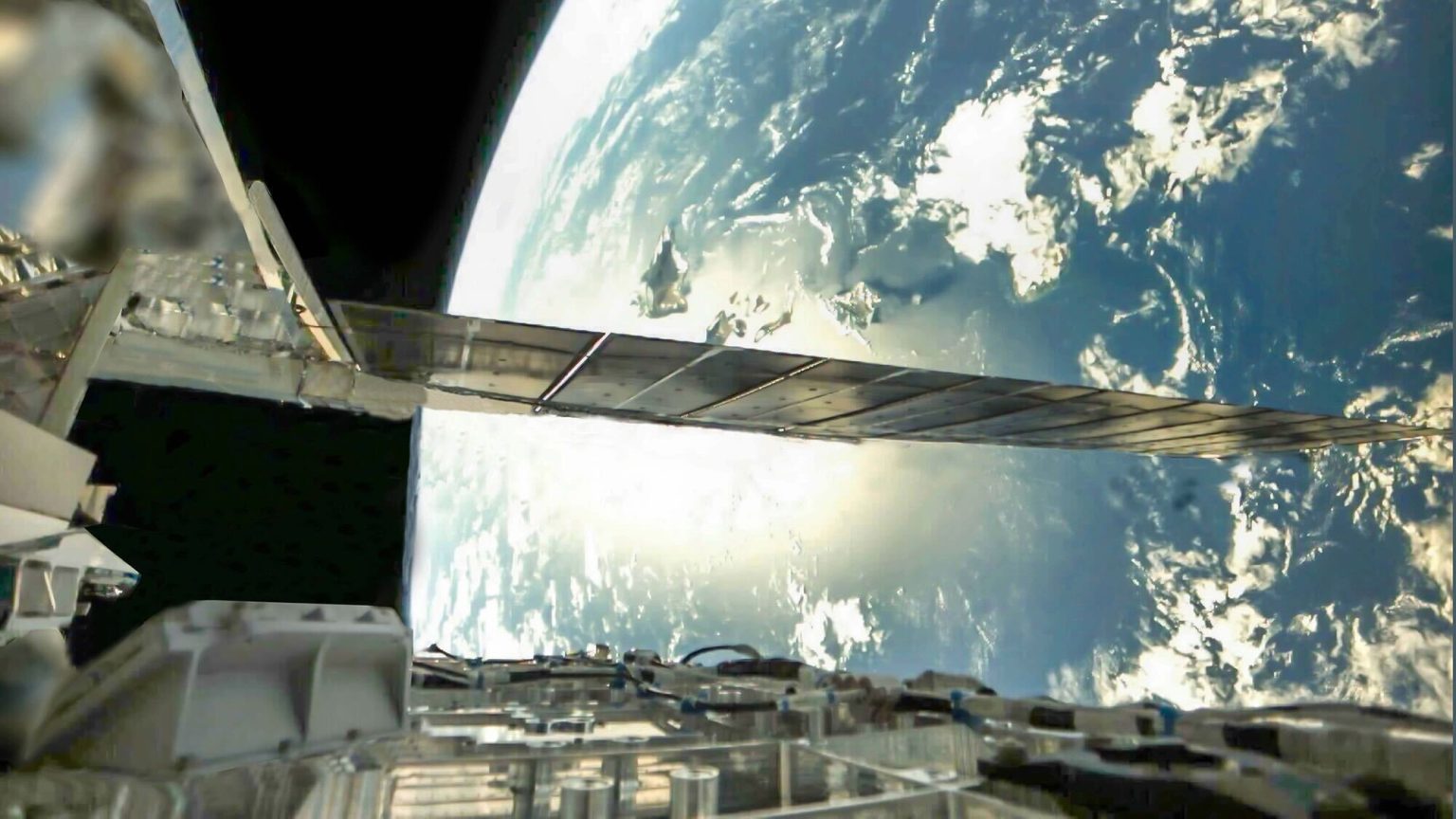Amazon has recently announced that it has initiated the process of bringing down two prototype satellites from its Project Kuiper broadband internet constellation after a series of successful tests. The project, which is a $10 billion initiative, aims to provide high-speed internet service globally from low Earth orbit. Despite lagging behind SpaceX’s Starlink network, Amazon has partnered with high-profile companies such as Verizon and Vodafone to push forward with Project Kuiper’s development. The Kuipersat prototypes were launched last October to assess the hardware and software systems that will be used for the full satellite network.
The orbital debris mitigation plan for Project Kuiper requires each satellite to be deorbited within a year after its mission ends. As such, the deorbiting process for the Kuipersats, currently in 311-mile-high orbits, serves as an important final test for the project. The controlled descent and safe disposal of the prototypes will allow Amazon to gather data on the deorbit process as the satellites gradually lower to an altitude of around 217 miles. Ground controllers will monitor and track this process, sharing data with other satellite operators and taking necessary measures to reduce collision risks.
The deorbiting operations for the Kuipersats began in late April, with the current altitude of the satellites ranging from 285 to 292 miles. Over the next four to six months, the satellites will continue to utilize their solar electric propulsion systems for orbit-lowering maneuvers. These maneuvers, combined with the Earth’s atmospheric drag, will ultimately lead to the atmospheric demise of the satellites at an altitude of around 217 miles. Amazon is actively working on ramping up operations at its factory in Kirkland, Washington, to build production-grade satellites for the full constellation.
The first production satellites are expected to be launched in the coming months, with Amazon planning to have enough satellites deployed by the end of 2024 to offer demonstrations to early enterprise customers. The company anticipates producing up to five satellites a day once its facilities in Kirkland and Redmond, Washington, reach full capacity. Under the terms of its license from the Federal Communications Commission, Amazon is obligated to have half of the network’s 3,232 satellites deployed by mid-2026, with the remaining set to be launched by 2029. Project Kuiper’s pace has accelerated over the past year, with Amazon strategically partnering with Verizon and Vodafone to push forward the development of the broadband internet constellation.


